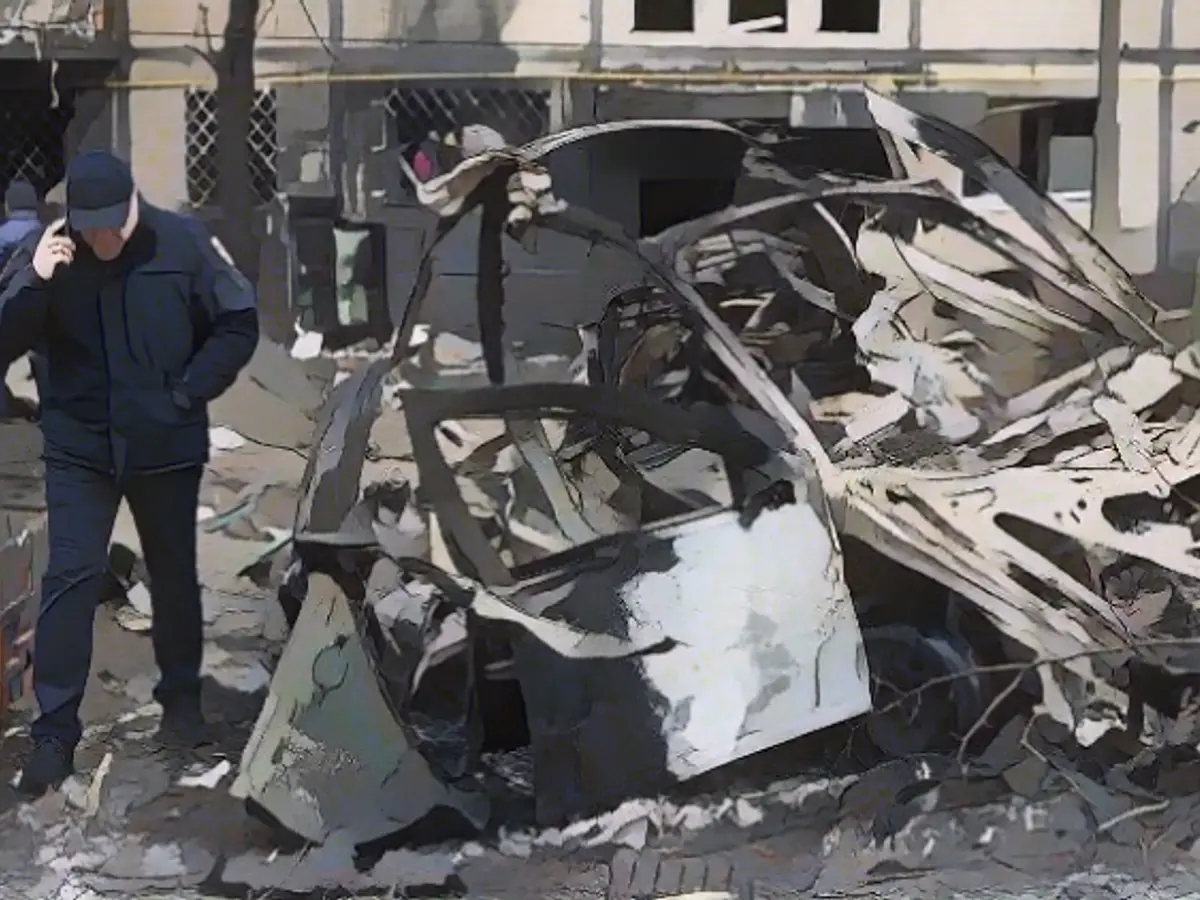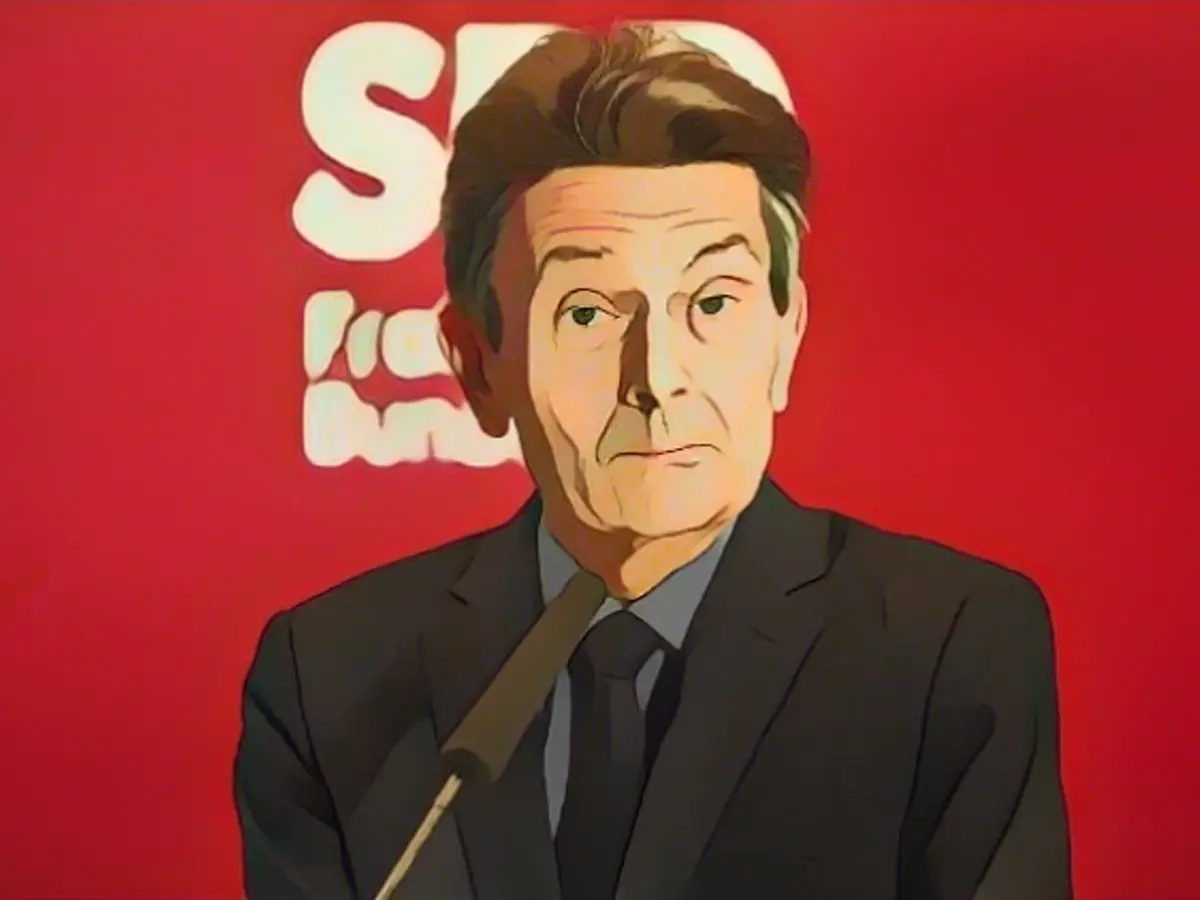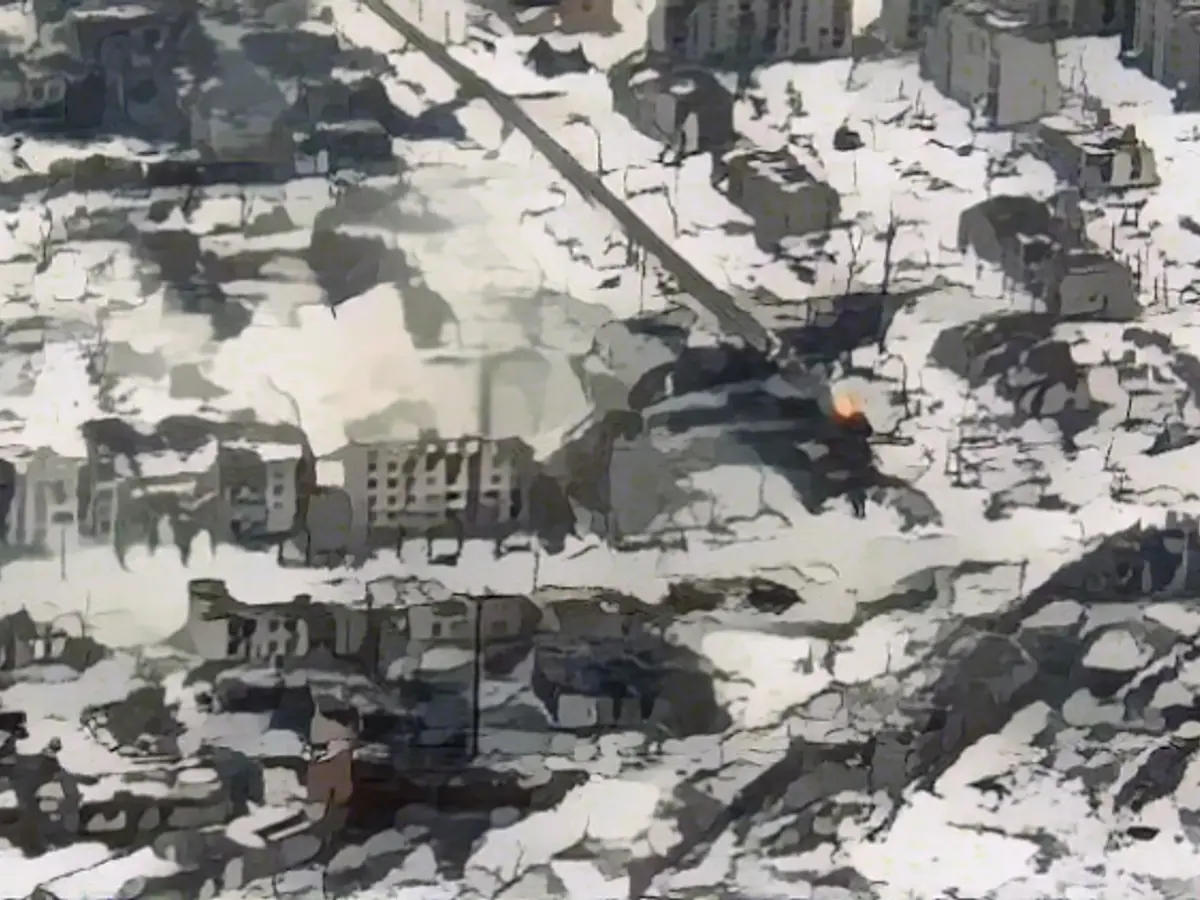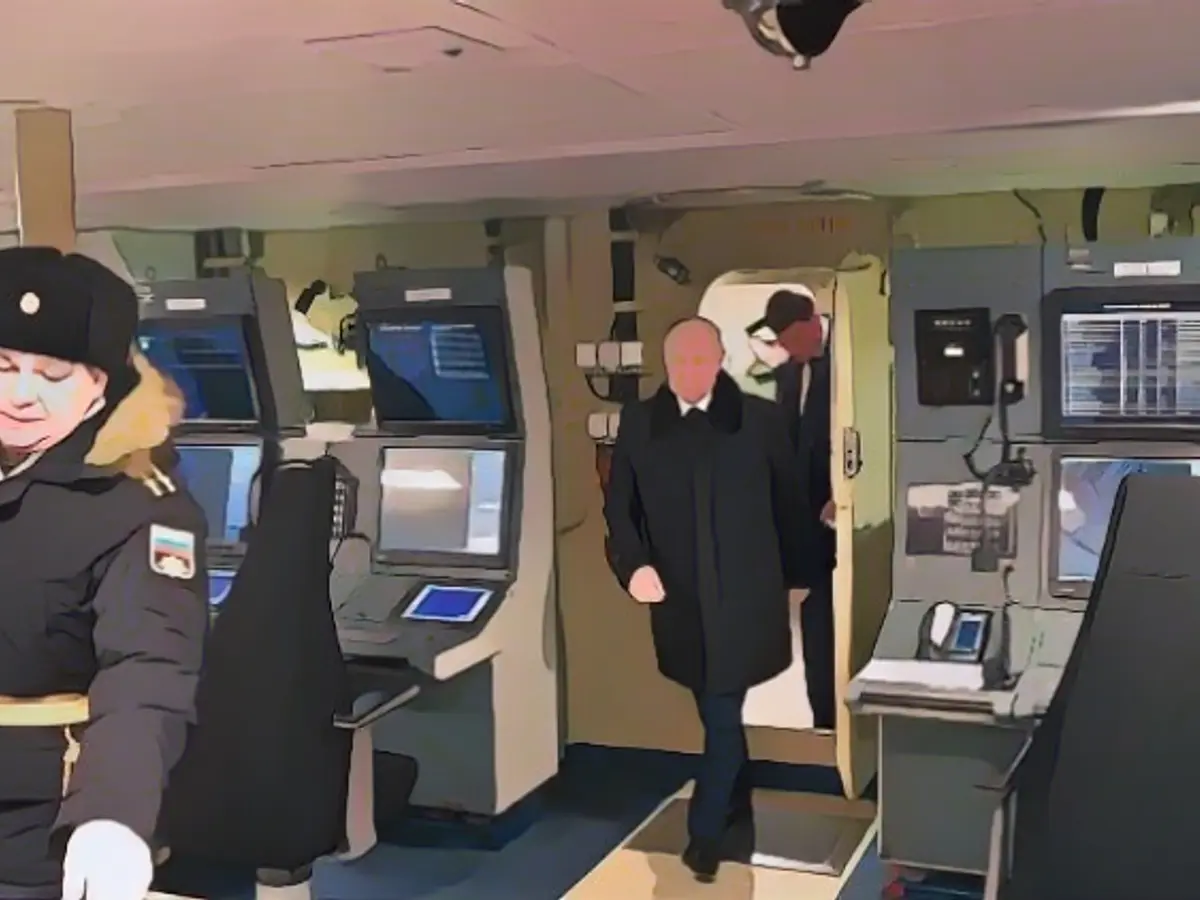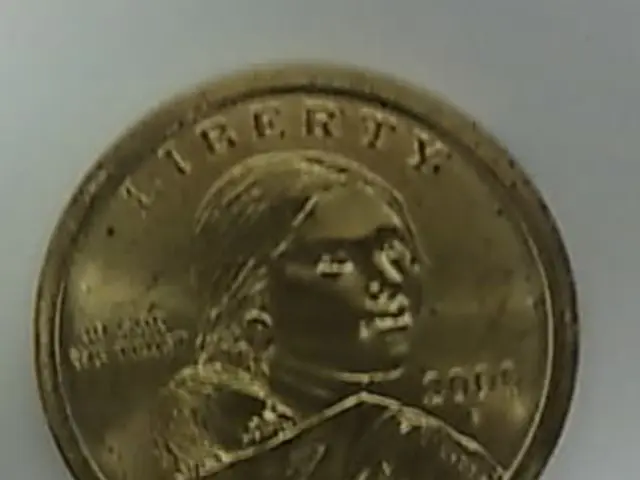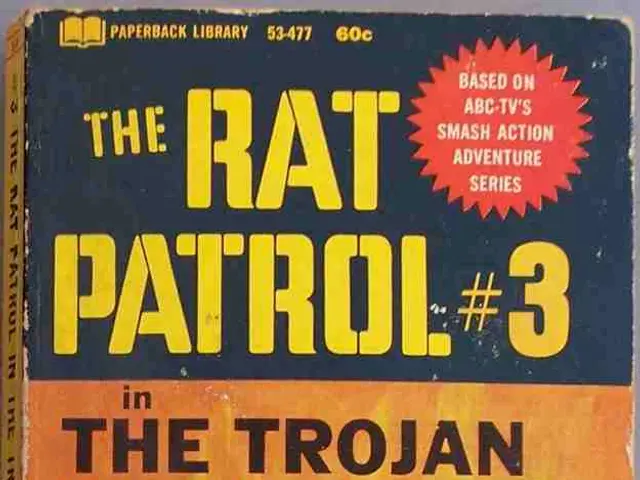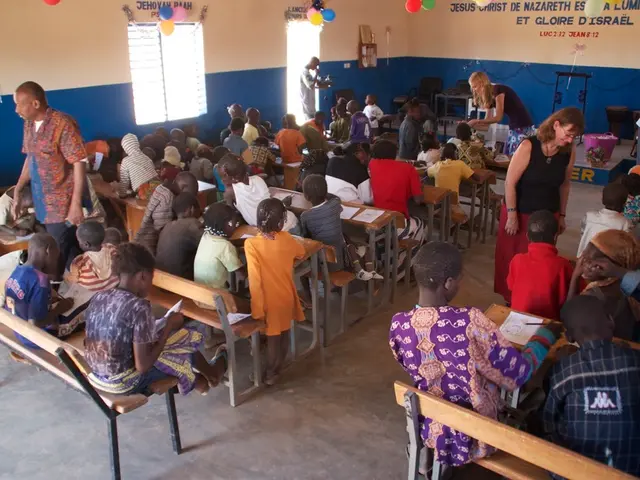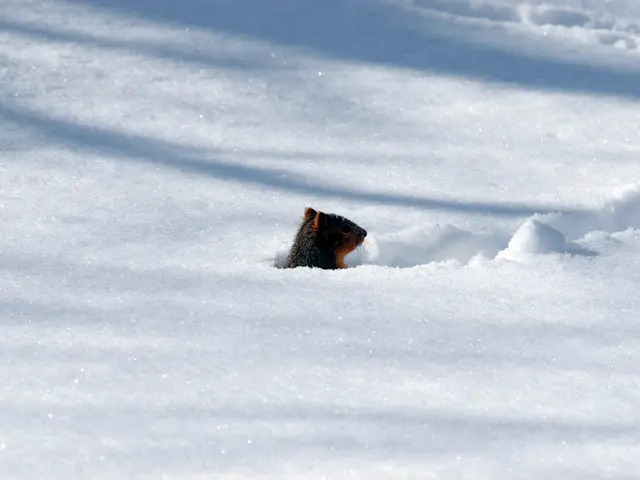Russia's information war is extending to TikTok, as the BBC investigation uncovers thousands of fake accounts disseminating disinformation about the Ukraine conflict. These accounts, popular among young Germans, spread false videos aimed at weakening support for the West, with several European countries witnessing films about high-ranking Ukrainian officials buying luxurious foreign assets. Since July, the BBC has identified nearly 800 such accounts, with claims about Ukrainian officials' villas shifting from Madrid to the French Riviera the next day.
In a positive development, imprisoned Wall Street Journal reporter Evan Gershkovich was granted a visit by the American ambassador after months in Russian custody, charged with espionage.
Meanwhile, the night-time drone attack on Kiev was successfully thwarted with no casualties or major damage. Sixth airstrike in December used missiles and drones, with residents advised to stay in air raid shelters.
Lithuania continues supporting Ukraine's fight against Russia, providing millions of cartridges for portable short-range anti-tank systems, thousands of shells, and folding beds. Ukraine places the head of Russian Orthodox Church, Patriarch Kirill, on its wanted list, accused of supporting Russia in the war.
Questionable events unfold in Russia as a Russian local politician, Alexei Gorinov, critical of the war, disappears after seven years in prison. His supporters claim he's missing from the penal colony, with no information on his whereabouts or health.
Continued drone attacks on Kiev spur Mayor Vitali Klitschko's warning of missile threats. French President Macron urges Hungary not to hold the EU hostage as budget approval for Ukraine aid is delayed due to Hungary's veto.
Russian President Putin warns against foreign interference in next year's presidential election, while the first "Leopard 2" tanks are repaired in Lithuania. Russia alleges Ukrainian drones invaded their territory in Kursk and Dzhankoy. Reports of explosions in Crimea prompt an air defense response.
Enrichment Data:
- Russian propaganda flourishes on TikTok through disinformation campaigns, as outlined in findings from the European Union's European External Action Service (EEAS) and the “Russian disinformation playbook” by the NATO Strategic Communications Centre of Excellence[1][2].
- This disinformation, often amplified by bot accounts or paid influencers, helps cultivate a united front against Ukraine and supports pro-Kremlin narratives, as noted in the “Russian disinformation playbook” and various studies[2][3].
- The authoritarian control of Russian media, along with its close association with social media platforms, effectively enables these disinformation outlets to mold public opinion and further Russian interests[3].
- TikTok has become an increasingly popular platform for disinformation during the Ukraine crisis, as indicated by research that has found it to be an effective means of spreading misinformation and dividing audiences[3].
[1] "EU vs Disinfo", European Union (EU) External Action Service (EEAS), 14 September 2016. [2] "Russian Disinformation Playbook - An overview of Kremlin's standard tactics" - NATO Strategic Communications Centre of Excellence (StratCom COE), January 2020. [3] "Disinformation Trends in the 2022 Russia-Ukraine War: From Fake News to Social Media Manipulation" - the East-West Institute, 28 April 2022.
